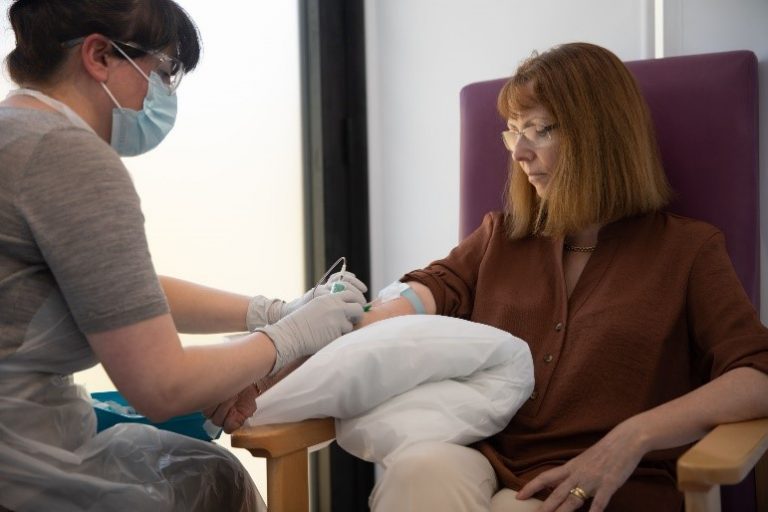A new social care unit, the first of its kind in the country to help patients regain independence after stays in hospital, has been set up at Castle Hill Hospital
The 14-bed facility, set up by East Riding of Yorkshire Council, will help people who are well enough to ‘step down’ from the intensive support provided by Hull University Teaching Hospitals NHS Trust but can’t go home until out-of-hospital support is in place.
The East Riding Social Care Suite aims to reduce pressure on both Hull Royal infirmary and Castle Hill Hospital by providing additional capacity for people who need a little more support.
Teresa Cope, Chief Operating Officer at Hull University Teaching Hospitals NHS Trust, said: “We know now that ‘winter pressures’ are no longer confined to the colder months as we have seen sustained pressure on beds and staff all year long.
“However, it intensifies even further in December, January and February as seasonal illnesses take hold and the colder weather affects our most vulnerable.
“Having this facility at Castle Hill means there is somewhere to care for people who no longer require the intensive support and treatment provided by the hospital and its staff. We can then free up beds for the very sick patients who need to be admitted to our wards.
“This is a really positive development, testament to the work going on between the trust, East Riding Clinical Commissioning Group and East Riding of Yorkshire Council.”
People invited to spend time in the suite will have short-term care and support, able to take part in a range of activities to show them what is available close to their homes. They’ll also be given advice on how to live healthily and independently for longer.
John Skidmore, director for adults, health and customer services at the council, said: “We are aiming to provide engaging and interesting activities from a range of services that will enhance the emotional and physical wellbeing of users while strengthening social networks in the community.
“This means people will be more confident and better connected once leaving hospital.”
More than 400 people regularly arrive at Hull’s Emergency Department every day, and around 100 of those patients could have received their treatment in other services such as at the Urgent Treatment Centres at Bransholme, Beverley, Bridlington and Goole or at the GP Walk-In Service at Wilberforce Health Centre, or via their own GP Practice.
“Patient streaming” is being introduced at Hull’s Emergency Department to redirect people who come to the hospital with less serious and minor illnesses and injuries which could be treated by alternative services in the community.
However, among those coming to A&E, many are seriously unwell and require admission to hospital, highlighted by an eight per cent rise in the demand for ambulances in the past few months.
Other patients with existing health conditions are also being admitted directly to wards in the departments where they are already undergoing treatment, such as oncology or cardiology wards.
In addition to the new Social Care Suite, the trust has also opened a new 22-bed general medicine ward at Hull Royal Infirmary.
Additional capacity is also being commissioned in the community through further community capacity is also commissioned for Winter 19/20 to enable the system wide Delayed Transfer of Care (DTOC) targets to be consistently achieved.



